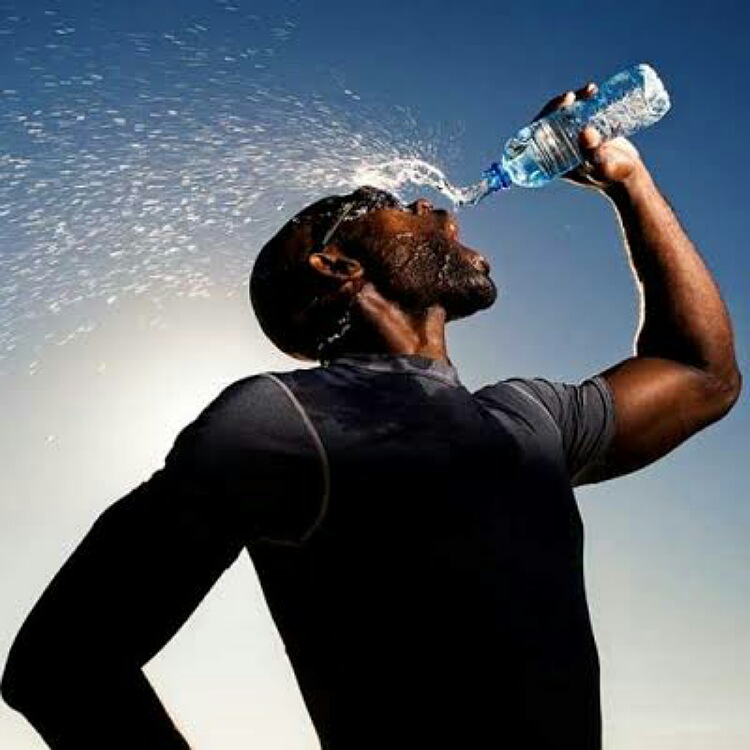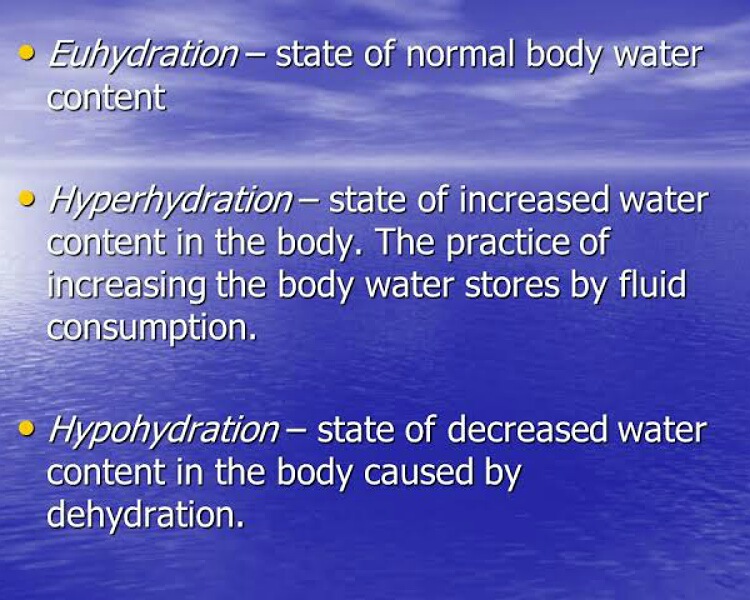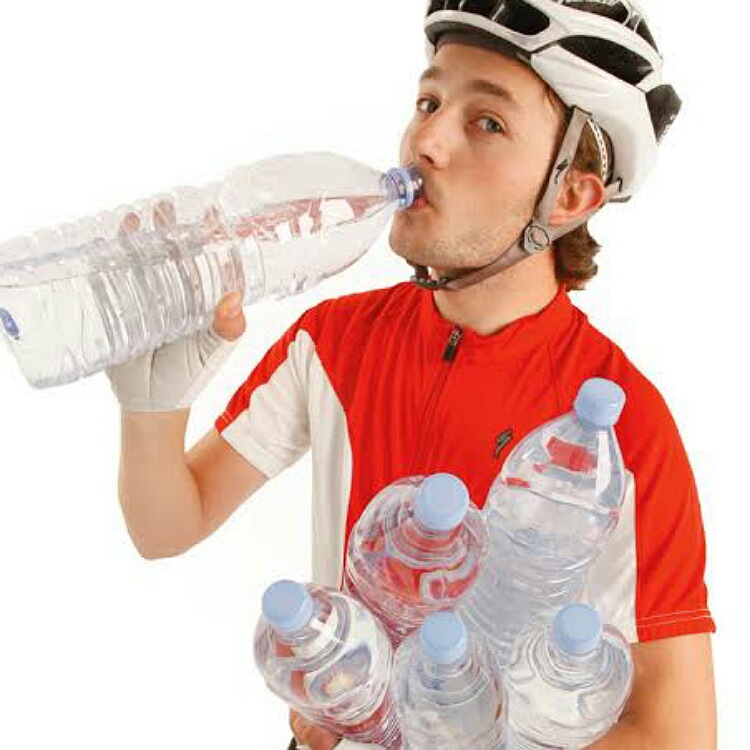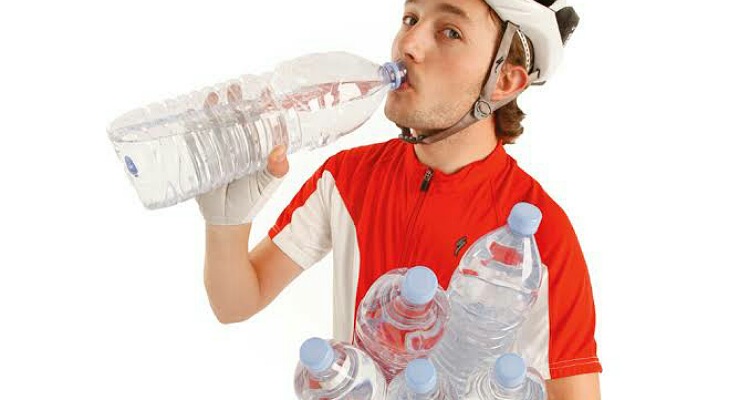Athletes lose a lot of their body water. They are advised to consume adequate amounts of fluids in a day for replenishment of the lost body water.
One is aware that inadequate amount of water consumption is bad for health. But overconsumption of water or hyperhydration is also not good for the body. What happens if water is consumed in excess? Are athletes drinking too much water?
Athletes and water consumption
Athletes have to practice and do daily training. This is to improve their muscles and muscle strength. It also helps to enhance their speed and sports skills.
They do workouts daily under a certified personal coach and trainer. The whole exercise pays and they reach their potential.

The Diet of athletes should be sufficient in calories. It should also be healthy and balanced. It should have lots of proteins, minerals, and vitamins.
The daily food menu of athletes should be low in refined sugars and saturated fats. This will help them remain slim. And normal for age and height body weight assists in speed and performance on the field.
Along with adequate solid foods, sufficient amounts of fluid consumption is also vital in them.
Are athletes into hyperhydration?
Athletes do intense workouts and therefore perspire a lot. Their protein intake is also high. Hence they require adequate amounts of water to remain well hydrated.
If their fluid intake falls short of the water loss from the body, they would feel tired and weak and this would affect their athletic performance.
One will find athletes always with special water bottles. With this, they try to keep themselves hydrated and prevent dehydration. But the question is do athletes overconsume water? Are they into hyperhydration? Is this dangerous?

Often, it so happens that athletes follow the advice of their personal trainer so strictly that they end up consuming more water than their need. This too carries its risks.
Dangers of overhydration and the new guidelines on it
Overhydration is also bad and there is a risk of exercise-induced hyponatremia with it. This occurs when a person loses a lot of salt and drinks more plain water compared to the salt intake.
Hyponatremia is a state of less sodium in the blood. This state is bad for the brain and nervous tissue and can slow the person. Additionally, it can also lead to the death of the person.

The symptoms come up 24 hours after exercise. It is also termed water intoxication. There is weight gain, headache, vomiting confusion, and even convulsions.
To foster healthy hydration, the Clinical Journal of Sports Medicine has put forth some guidelines for athletes on it. The basis of these guidelines is that the athlete should listen to his or her body and thirst mechanism.
Thirst should guide them to drink water. It should not be forced drinking. Thirst will help in proper hydration and prevent overhydration.
Read more: Jessica Kiernan Diet Plan, Workout Routine, Exercise, Body Measurements
Dr. James Krcik is a sports medicine expert at the Advocate South Suburban Hospital in Hazel Crest, Ill. He says:
“There is no doubt that proper hydration is a smart and healthy part of any athletic training or competition,”
“But, the old ‘drink before you get thirsty’ thinking needs to be reevaluated and carefully considered by athletes and other active people.”
